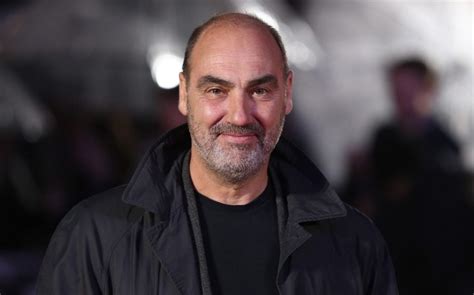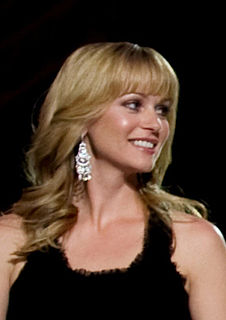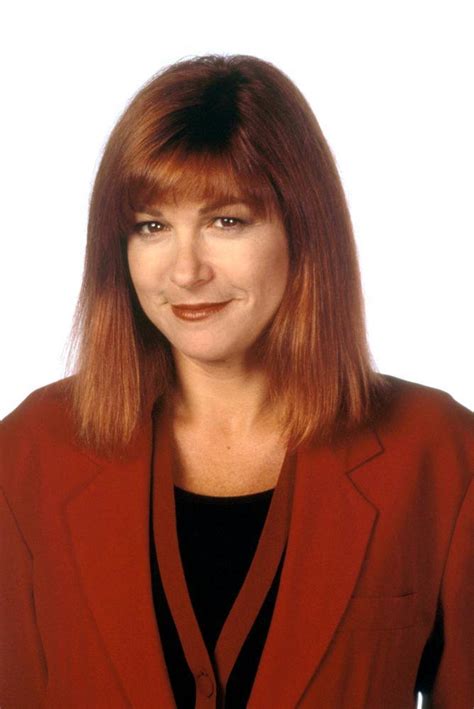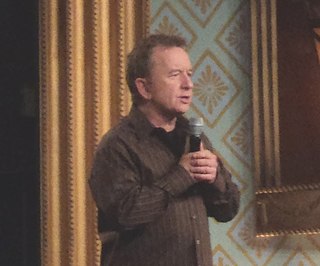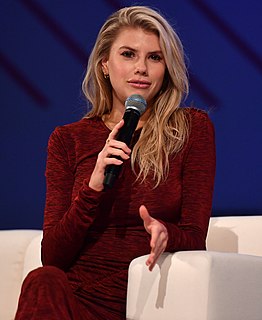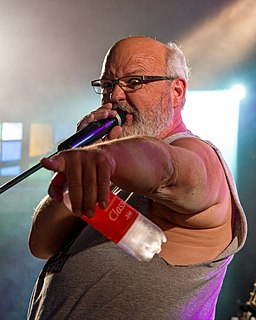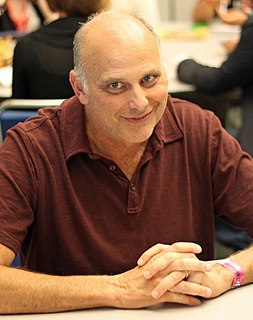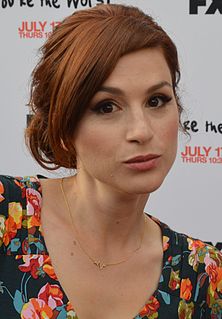A Quote by Jonathan Levine
I really don't like when you see improv scenes go on too long. It really bothers me, even if the jokes are good.
Related Quotes
And writing comedy and it really taught me how to kind of like craft jokes, it sounds like weird but really focus on crafting jokes and trying to make the writing really sharp. At the same time I did improv comedy in college, and that helped with understanding the performance aspect of comedy, you know, because it's different when you improv something vs. when you write it and they're both kind of part of my process now.
Well I liked the mixture actually. It's really good fun to have throughout a shoot to move from something which is quite character based in certain scenes where there's very little action and you're just working with actors and I suppose I've had quite a lot of practice at that. This is more action than I've had a chance to do so that was fun for me too to go into the action then and have some really good crew working with me. And sometimes you get these scenes where they blend.
I have friends who will say, "Oh you gotta come and see our show." And the first thing I say is, "Is it sketch or improv?" I'll go in a minute to see a sketch show. I love sketch; it's my favorite form. But if it's all improv, they're either very good and it's annoying how good they are and it makes you feel bad, or they're not too good then you're sweating for them. And you don't want to sweat for them, see actors repeating each other's lines.
In improv, the whole thing is that it is a relationship between the two people, as a back and forth. In standup, you don't really want to be listening to what somebody is saying; you want to project your jokes into their face. And that's really not a good instinct with a 'Daily Show' field piece, where it's supposed to be an interview.
When I like myself, which is not too often, but when I do like myself on film, it's when I point, and I go, 'Look what she did! She did the funniest thing - look at her!' Where I can really separate back from it and I don't see me anymore, then I'm really excited. That's, like, really fun for me. That jazzes me.
I can really stir up a conversation. Every time I go to a meeting or a casting, I try to make it as light and funny as I can. I'm always making really awkward jokes. You have to make life fun and not take it too seriously. I may look like I'm very serious and into my work, but if you knew me, I'm just a jokester.
Harold Ramis really got my career going and was a friend for a long time. I was doing a play in L.A., and he came to see it a few times and recommended me to Ivan Reitman for Ghostbusters 2. Six months later, I quit real estate and was acting for good, and it was really because Harold took an interest in me and made a phone call and did stuff that people don't usually do, even if they like somebody.
I think that a lot of the time I don't go for something in particular. I see what comes to me, I filter it out. I never really strive to play a particular character or do a particular genre of film. As long as it's a good script and a great range of people and my character is really interesting I can't see any reason not to do it.



